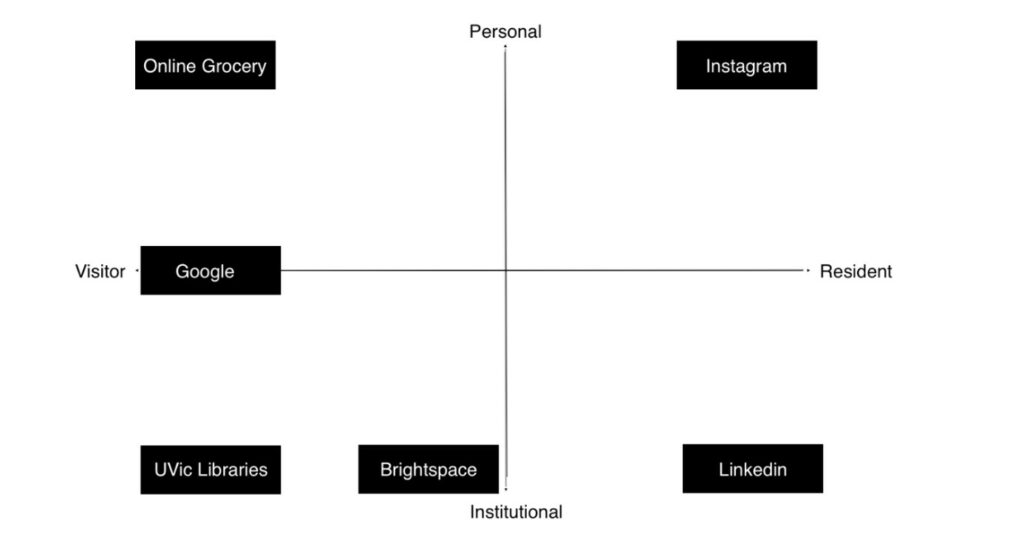Introduction
Today’s fast-paced digital environment requires continuous learning and professional growth to achieve success. One of the most effective ways to achieve this is by developing a Personal Learning Network (PLN). A PLN is a collection of resources to support an individuals’ personal and professional success. Using social media and online communities, individuals can access valuable information, stay updated on current trends and collaborate with others. This post will explore the importance of PLNs, evaluate how social media enhances their effectiveness, and address key strategies to support long-term network development.
What Are Personal Learning Networks (PLNs), and Why Are They Important?
A Personal Learning Network (PLN) is a collection of people, platforms, and resources to help individuals expand their knowledge and skills. PLNs are essential components of development as they provide access to a diverse range of information, unique perspectives, and mentorship opportunities (Gray, 2025). By connecting with experts and peers on social media, individuals can stay updated on the latest trends, learn new research topics, and adopt alternative practices.
In my own life, PLNs help me stay updated on academic topics that I am interested in. For example, following educators and professionals on LinkedIn have allowed me to engage with others in my industry and discover valuable resources. PLNs also provide motivation and support by allowing me to develop connections with individuals who share similar interests and goals (Woods, 2013). Each of these aspects have expanded by social network and allowed me to seek new ideas.
Social Media Dynamics for PLNs
Social media plays an important role in the function of PLNs. Platforms like X (formerly Twitter), LinkedIn, and Facebook allow users to interact and share content quickly with others in their field of interest. By actively participating in discussions, individuals can establish themselves as valuable contributors in their professional communities (Gray, 2025).
To maximize the positive impact of my PLN, I follow experts, connect with relevant groups, and regularly engage with content. Understanding social media algorithms has helped me strategically increase my posts’ engagement. For example, posting on LinkedIn in the evening, when most working professionals are active online, increases the chances of my post reaching the widest possible audience. Additionally, posting regularly and responding to comments can encourage meaningful interactions and strengthen professional relationships (Trilling & Fadel, 2009). Using these strategies, I can build an active and engaging PLN.
Long-Term Network Development
Building a strong PLN requires consistent effort, as meaningful relationships require time to grow. Key strategies to sustain a meaningful PLN include:
- Consistent Participation: Regularly engage with content by sharing perspectives, commenting on other’s posts, and contributing to discussions.
- Current Information: Keep up with industry trends and topics to maintain relevance.
- Authentic Connections: Develop relationships based on trust and mutual support.
- Contribute: Providing mentorship, sharing valuable resources, and helping others grow in their learning journey can help establish one’s PLN (Gray, 2025).
For my own PLN, I plan time in my schedule each week to engage on Linkedin and share resources. By committing to this time, I can ensure my PLN contributes to the learning and professional development of myself and others throughout my career.
Impact of Social Media on Learning, Academics, and Professional Environments
Social media has greatly transformed learning and professional environments by providing instant access to information and networking opportunities (Woods, 2013).
Academically, I have used social media to access research articles, join educational groups, and participate in online webinars. Social media has also allowed me to showcase my work experiences and search for job opportunities. Finally, using collaboration resources such as Slack and Discord, I have been able to connect with others and share resources (Trilling & Fadel, 2009). Each of these efforts has helped me expand my learning opportunities and professional development.
Conclusion
To conclude, Personal Learning Networks play a crucial role in professional and academic growth by offering access to valuable resources, knowledgable professionals, and meaningful connections. Through social media engagement and strategic networking, individuals can create a PLN that supports their long-term learning and career development. Actively participating in discussions, sharing perspectives, and creating authentic connections can help develop a productive PLN, open doors to new opportunities, and continue personal improvement. Investing in a PLN is not only helpful for one’s educational career, but also for building a lifelong foundation for success.
References
Gray, K. (2025). Leveraging social media to build a digital PLN. Edutopia. https://www.edutopia.org/article/leveraging-social-media-build-digital-pln
Trilling, B., & Fadel, C. (2009). 21st century skills: Learning for life in our times. Jossey-Bass.
Woods, B. (2013). Building your own PLN: Seeking new insights and ideas? Expand your personal learning network. ATD, 67(11). https://link.gale.com/apps/doc/A348998538/ITBC?u=uvictoria&sid=summon&xid=1010abdf



Recent Comments